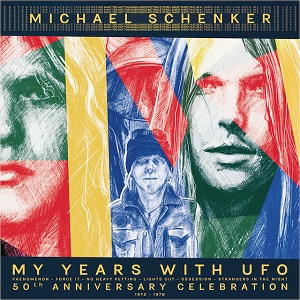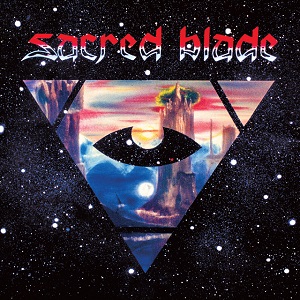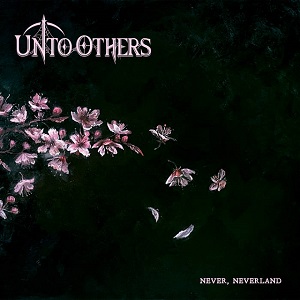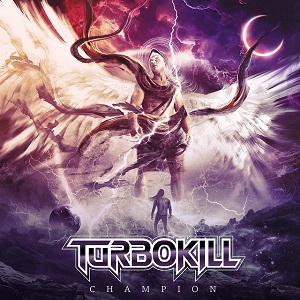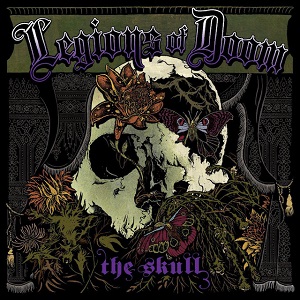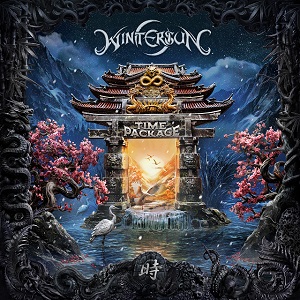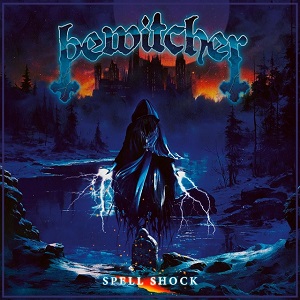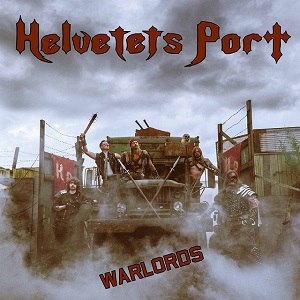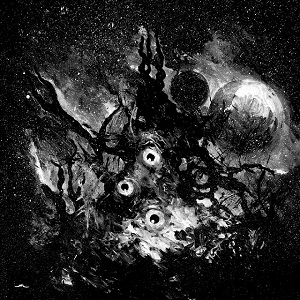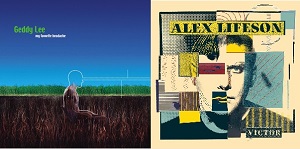Report - Metal Versus The Mainstream: "SAM DUNN Has Been Successful As An Ambassador For His Own Tribe, And Doesn’t Hesitate To Look The Part"
January 8, 2008, 16 years ago
Marc Weisblott at Toronto's Eye Weekly has filed the following report:
Metal Versus The Mainstream was the name of a Monday night (January 7th) panel at the Power Plant. The thoughts from documentary makers Sam Dunn and Scott McFadyen and McMaster professor Susan Fast made for stimulating stuff by art gallery discussion standards, and more sublime than any music conference.
Tied into the exhibit by Vancouver artist Steven Shearer, the event drew around 60 people, only three of whom were long-haired fellas, although the headbanger uniform is just as likely being sported by pretentious OCAD students these days.
So, what exactly is this “mainstream” that ear-splitting rock music is playing against? TWISTED SISTER having to plead their case to the US congress? JUDAS PRIEST on trial for backward masking? GUNS N' ROSES inciting stadium riots?
These events are as ancient history now as Buddy Holly was back then. Oh, the subculture has no theme restaurants or stage musicals or amusement parks to show for it. But the era is responsible for Chuck Klosterman, a rube from Fargo, North Dakota who now writes a column for Esquire, because some literary elites figured him for some sort of outsider artist.
Sam Dunn, the anthropologist behind the movie Metal: A Headbanger’s Journey, has been more successful as an ambassador for his own tribe, and doesn’t hesitate to look the part, wearing a black t-shirt from the band MERCYFUL FATE. Certainly beats listening to the high-school dropouts from METALLICA struggling to articulate their emotions in group therapy sessions.
The art of Steven Shearer, at the Power Plant through February 10th, apparently left Dunn and his co-conspirator a bit uncertain of his motivations. The works dwell on how rock 'n’ roll was interpreted by alienated teens, but generally evoke an era that came before this one.
Like those nasty and nihilistic big words on the wall (pictured), taken from the extreme metal lyrics representing the music’s final frontier — were they ironic, or not? Dunn wrestled with the sincerity question, but ultimately concluded the artist was on his side: “When I see lyrics from CARCASS or MORBID ANGEL in 82-point type on the wall, it usually makes me very happy.”
“There’s a picture of Leif Garrett,” observes Dunn. “But then there’s a picture of Quorthon of BATHORY.” The former was a fleetingly famous late-'70s teen idol bent on self-destruction. The latter was a Viking metal icon who died a few years ago. Seeing them as part of the same continuum must be good art, since it’s unlikely that anyone ever considered this before.
And even if a conversation about metal versus the mainstream is all about recycling history, McMaster cultural studies professor Susan Fast hasn’t run out of new things to observe, given how she wrote an academic text about LED ZEPPELIN. Her research has focused on the music’s role in conveying power and control, and how gender roles have factored into its consumption along the way.
Fast’s current project involves interviewing women who play in tribute bands to testosterone-fueled acts: LADYSMITH, THUNDERHERSTRUCK, LEZ ZEPPELIN, and one she brought a clip of, THE IRON MAIDENS. Feminist motivations aside, the appeal of the acts for their largely male audience appears to be like a Cougar Night, only with the women put on a higher pedestal.
Metal seems like the gift that keeps on giving for those chronicling its appeal, as Dunn and McFadyen are finishing up a second film, Global Metal, exploring how the subculture is now challenging authority elsewhere on Earth. Metal: it’s not just the white male’s burden anymore.
But when one of the twentysomething audience members asked a question about “doom,” it turned out he wasn’t talking about the videogame Doom — a reminder that this discussion transpired in a context where the marketing of music hasn’t been eclipsed by other forces.
Then moderator Alan Cross, program director of 102.1 the Edge, was asked why his station has never really touched this metal stuff, and he got sidetracked into talking about how the paradigm dedicated to playing metal against the mainstream is totally over, anyhow.
Really, it wasn’t such a bad run.

